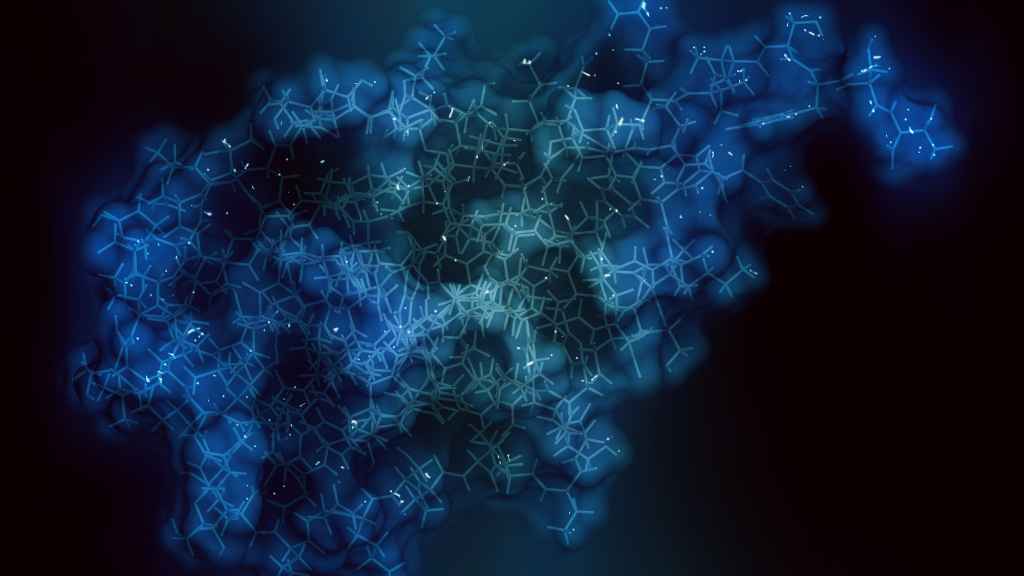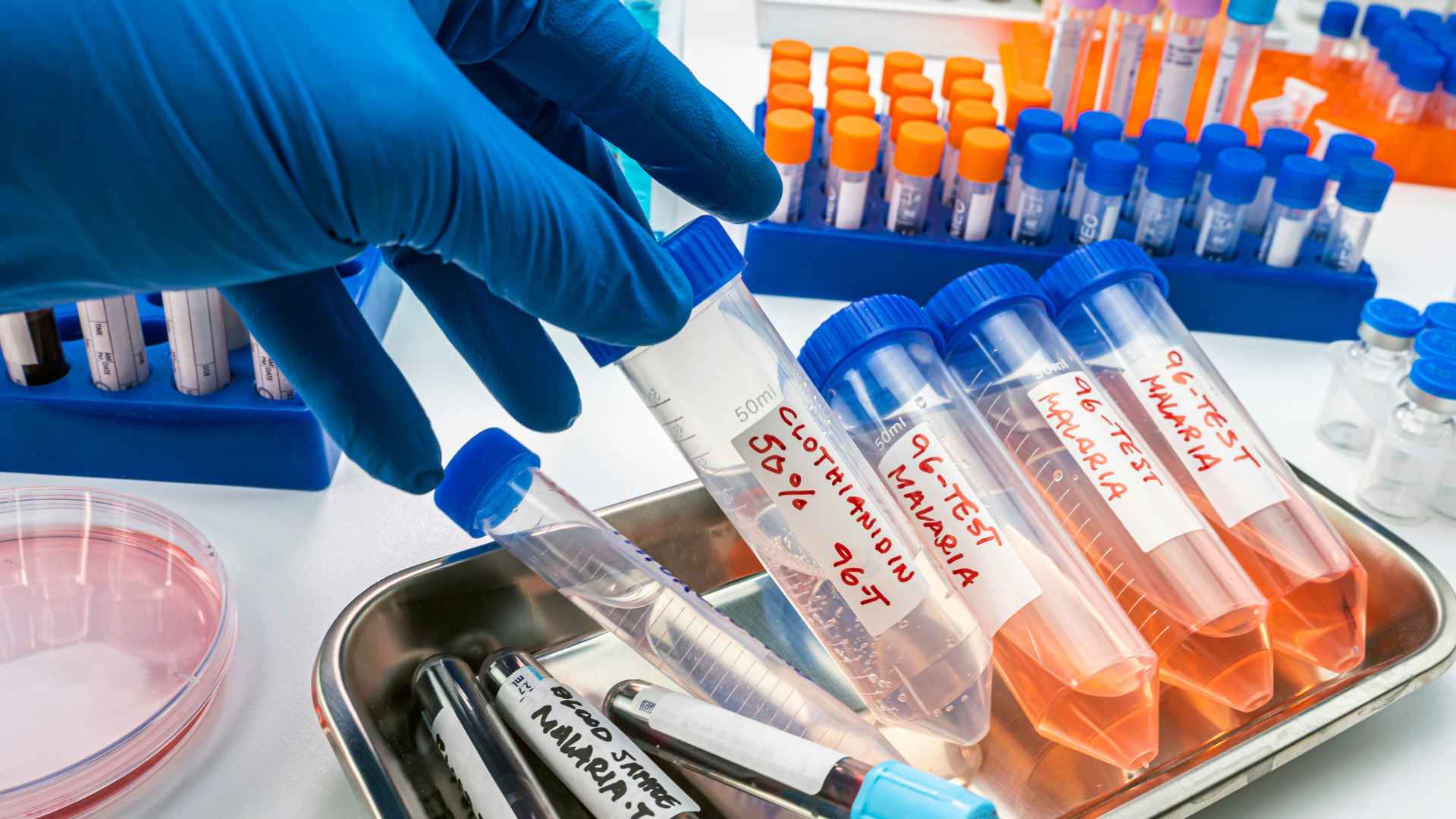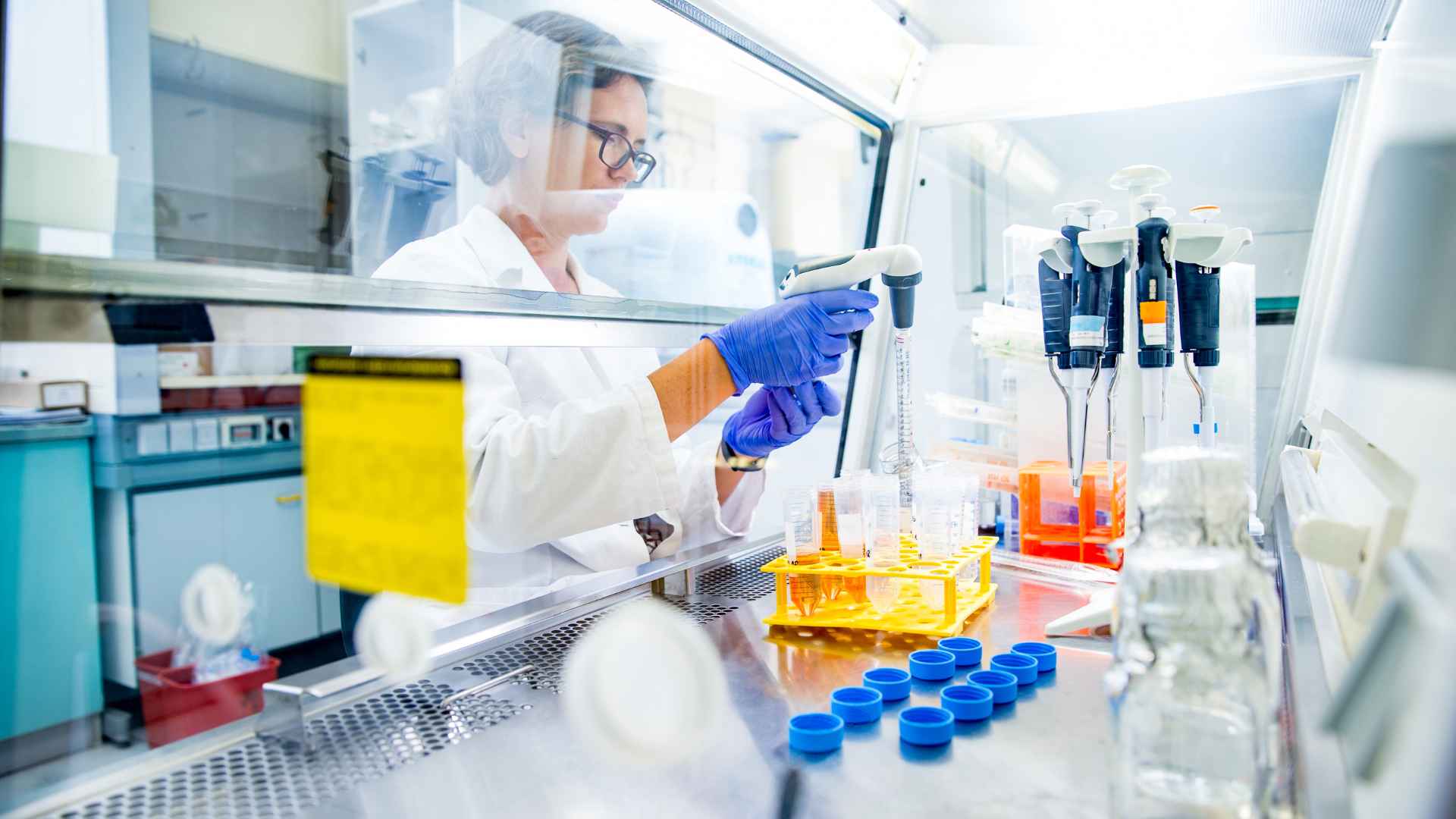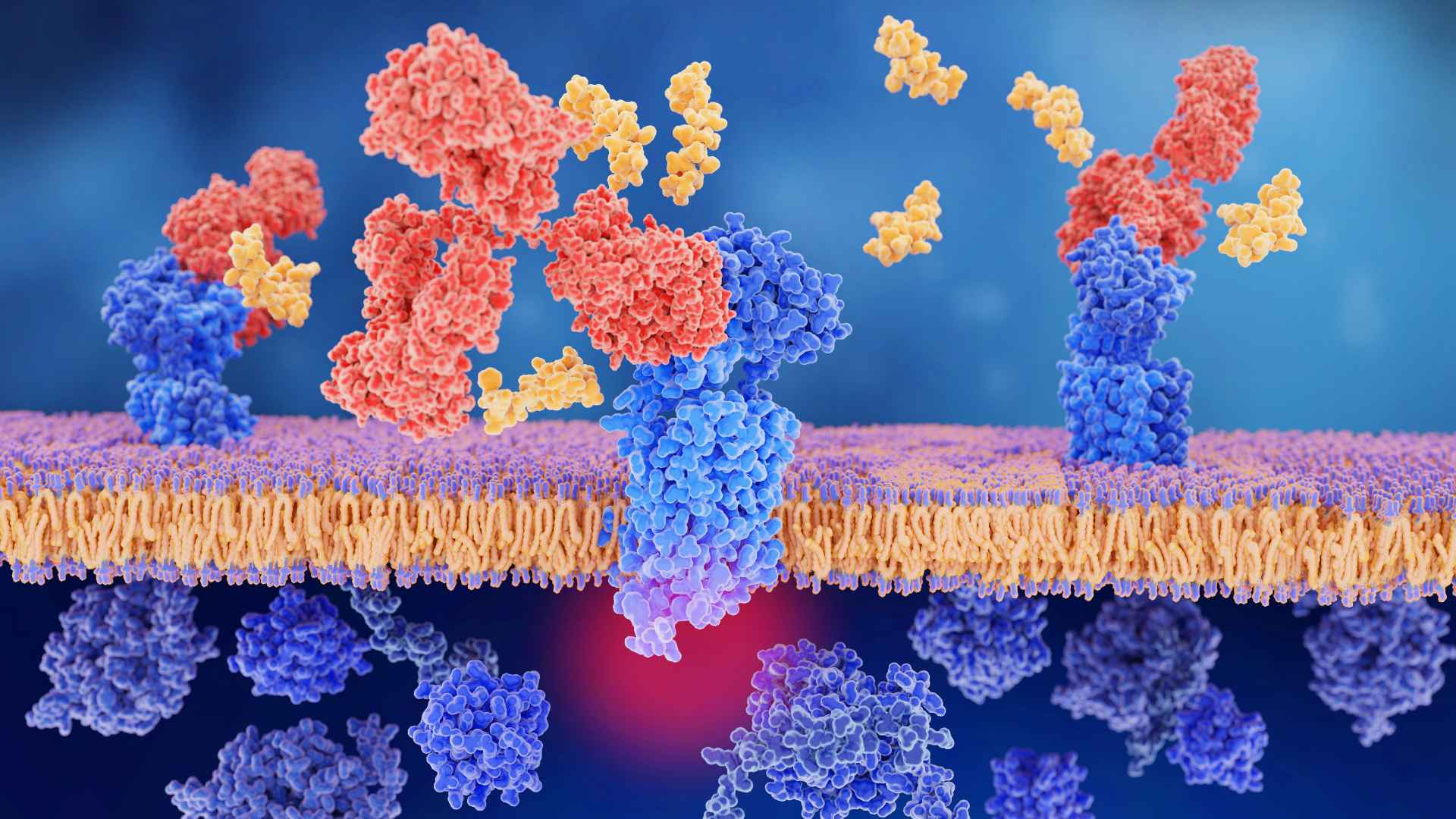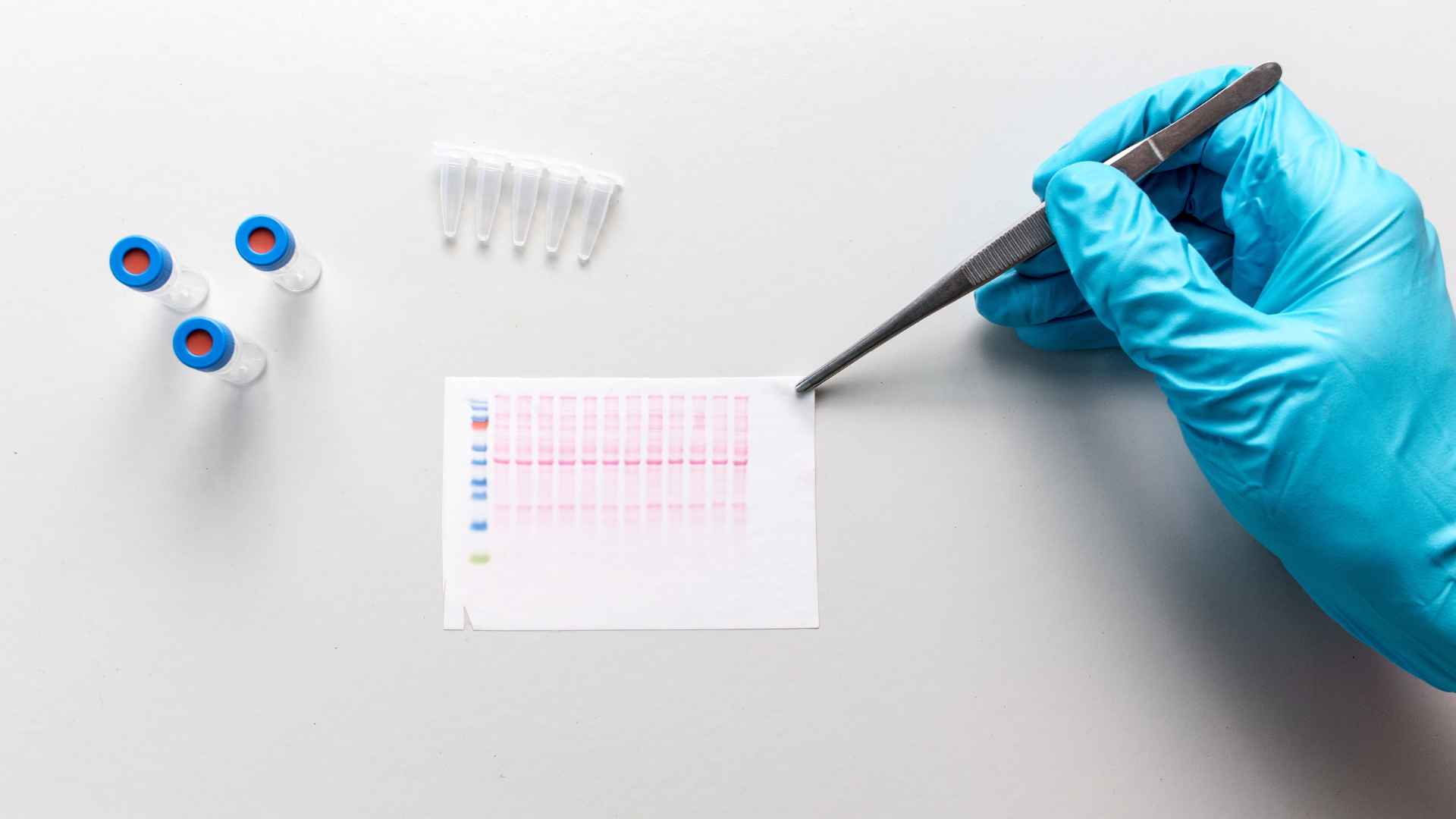In the area of biomedical research, understanding how new blood vessels form is pivotal. This process, known as angiogenesis, is not only fundamental to normal development and wound healing but also plays a crucial role in disease progression, particularly in cancer. Enter the in vitro angiogenesis assay, a powerful tool that allows scientists to dissect the complex ballet of vascular growth and formation outside of a living organism.
Employing a variety of techniques, these assays simulate the angiogenic process in a controlled environment, providing invaluable insights into the mechanisms that govern blood vessel formation. As researchers continue to unravel the mysteries of angiogenesis, in vitro assays stand at the forefront of discovery, offering a glimpse into the future of therapeutic interventions aimed at controlling this vital biological process.
Importance of Understanding Angiogenesis in Biomedical Research
Angiogenesis, the process of new blood vessel formation, is a critical component in both healthy physiological processes and in the pathogenesis of diseases, particularly cancer. With its role in enabling cancer cells to grow and metastasize by supplying them with nutrients and oxygen, targeting angiogenesis has become a pivotal approach in cancer therapy development. In this context, In Vitro Angiogenesis Assay emerges as a cornerstone in advancing biomedical research.
This assay allows researchers to meticulously study the complex mechanisms of vessel formation outside a living organism, providing a controlled environment to investigate the effects of various substances on angiogenesis. By utilizing this assay, scientists gain insights into how to modulate angiogenesis effectively, laying the groundwork for novel therapeutic strategies.
In non-cancerous contexts, understanding angiogenesis is equally important. It plays a vital role in wound healing, cardiovascular health, and developmental biology. For instance, enhancing angiogenesis can accelerate wound healing, making the in vitro angiogenesis assay crucial for developing and testing new treatments in these areas.
Also, the assay’s versatility makes it a valuable tool beyond targeted cancer therapies. It is employed in research focusing on diseases where angiogenesis is inhibited, such as in certain cardiovascular conditions, offering a glimpse into potential treatments aimed at promoting blood vessel growth where it is beneficial.
Given the assay’s significance, developments in this area of research have the potential to revolutionize treatments across a spectrum of diseases. The ability to control and harness the process of angiogenesis using insights gained from in vitro assays could lead to breakthroughs in regenerative medicine, drug development, and beyond.
Introduction to In Vitro Angiogenesis Assay
The in vitro angiogenesis assay marks a significant milestone in biomedical research, offering a groundbreaking method to study the intricate process of blood vessel formation outside of a living organism. This technique enables researchers to unravel the complex biology underlying angiogenesis, a fundamental process not only in normal physiological conditions such as wound healing and embryonic development but also in various pathologies including cancer and cardiovascular diseases.
At the heart of this assay is its ability to provide a controlled environment where scientists can observe and quantify angiogenic activity in response to specific substances. This could include potential therapeutic drugs, growth factors, or inhibitors. The assay’s utility is profound, allowing for precise manipulation of the cellular and molecular environment, thereby shedding light on the pathways and mechanisms that regulate blood vessel formation.
Da-Ta Biotech, a leader in cell-based assays for the biotech industry, harnesses the power of the in vitro angiogenesis assay within its extensive range of services. Catering to the needs of researchers, Da-Ta Biotech supports the development of innovative cancer therapies by enabling the detailed study of how various compounds affect angiogenesis. Beyond cancer research, the assay’s versatility extends to applications in wound healing, cardiovascular research, and developmental biology, underscoring its importance across multiple fields of medical research.
Researchers choosing to collaborate with Da-Ta Biotech benefit from the company’s comprehensive testing capabilities, which include an array of human and rodent cell lines alongside a multitude of disease models. This diversity allows for a wide range of angiogenesis-related investigations, from screening anti-cancer drugs and determining their EC50, to measuring the rate of wound healing. Da-Ta’s adeptness at adopting researcher-suggested SOPs or protocols further adds value, eliminating the costly try of setting up and running a dedicated laboratory space.
Under the guidance of Dr. Rinat Borenshtain-Koreh and her team of R&D experts, Da-Ta Biotech stands at the forefront of angiogenesis research. With a strong commitment to advancing our understanding of this crucial biological process, Da-Ta Biotech plays a pivotal role in the journey from discovery to the development of breakthrough treatments in regenerative medicine and beyond.
Techniques Used in In Vitro Angiogenesis Assay
In vitro angiogenesis assays are crucial for understanding the complex process of blood vessel formation. These assays employ various techniques to model and study angiogenesis, providing invaluable insights into the mechanisms that regulate this vital process. Da-Ta Biotech employs several innovative methodologies to conduct these assays, each with its own unique applications and advantages.
Tubule Formation Assay
The tubule formation assay is a widely used method to study angiogenesis. It involves the culture of endothelial cells on a gel matrix, allowing them to form capillary-like structures. This method is favored for its simplicity and the ability to quantitatively analyze angiogenic potential. Researchers at Da-Ta Biotech use this assay to observe the effects of various substances on the formation of these structures, providing key insights into the mechanisms of angiogenesis.
Aortic Ring Assay
Another technique utilized by Da-Ta Biotech is the aortic ring assay. This method involves culturing cross-sections of aortic rings in a collagen matrix, simulating a more in vivo-like environment. This assay allows for the direct observation of sprouting angiogenesis from an existing blood vessel, making it a powerful tool for investigating the angiogenic response to different factors.
Spheroid Angiogenesis Assay
The spheroid angiogenesis assay is a three-dimensional approach used by the team at Da-Ta Biotech. It involves the embedding of endothelial cell spheroids into a collagen matrix, from which sprouting occurs in response to angiogenic stimuli. This assay is particularly useful for studying the complex interactions between cells during angiogenesis, providing a more physiologically relevant insight into the process.
Da-Ta Biotech’s dedication to utilizing a range of in vitro angiogenesis assays ensures comprehensive testing capabilities. Under the guidance of Dr. Rinat Borenshtain-Koreh and her team, the company’s expertise in these techniques significantly contributes to the advancement of angiogenesis research and the development of novel therapeutic strategies.
Simulating Angiogenic Process in a Controlled Environment
In the area of biotechnological research, the in vitro angiogenesis assay plays a pivotal role by simulating the angiogenic process in a meticulously controlled laboratory setting. At Da-Ta Biotech, this assay enables scientists to replicate and study the complex process of blood vessel formation outside the living organism. This capability is crucial for uncovering new pathways in angiogenesis, paving the way for innovative approaches in treating diseases where vascular growth is a factor, such as cancer, diabetic retinopathy, and more.
Da-Ta Biotech’s advanced in vitro techniques serve as a bridge between theoretical research and practical application. By offering a controlled environment, researchers can precisely manipulate conditions to observe the angiogenesis process under various scenarios. This includes adjusting conditions to mimic pathological or physiological states, thereby offering invaluable insights into the mechanisms driving or inhibiting blood vessel formation.
The versatility of in vitro angiogenesis assays conducted at Da-Ta Biotech is underscored by the deployment of multiple methodological approaches:
- Tubule Formation Assay: A staple in angiogenesis research, where endothelial cells are observed for their ability to form capillary-like structures.
- Aortic Ring Assay: Utilizes cross-sections of aorta embedded in a gel matrix, offering a more complex and tissue-orientated approach.
- Spheroid Angiogenesis Assay: Involves spheroidal cellular aggregates as the starting point for angiogenesis, providing a 3D perspective on vessel formation.
The application of these techniques allows Dr. Rinat Borenshtain-Koreh and her team at Da-Ta Biotech to help a broad spectrum of angiogenesis-related investigations. From supporting the development of anti-cancer therapies to contributing to the advancement in regenerative medicine, Da-Ta Biotech remains at the forefront of in vitro angiogenic research. Through the utilization of such controlled assays, researchers can gather data that’s not only precise but also reproducible, setting a solid foundation for further exploration into the mechanisms of angiogenesis.
Insights into Mechanisms of Blood Vessel Formation
Central to the advancement of regenerative medicine and cancer therapy development, the understanding of how blood vessels form is of paramount importance. The in vitro angiogenesis assay is a pivotal tool that sheds light on the intricate mechanisms underlying blood vessel formation. This assay simulates the angiogenic process in a controlled environment, allowing researchers to dissect the various stages of blood vessel formation and the factors that influence it.
In exploring angiogenesis, scientists at Da-Ta Biotech have identified several key processes that are instrumental in the formation of new blood vessels. These include the proliferation of endothelial cells, their migration towards the angiogenic signal, and the organization of these cells into tubular structures that eventually mature into fully functional blood vessels. The in vitro angiogenesis assay enables the observation and quantification of these processes, providing invaluable insights into the mechanisms of angiogenesis.
One of the significant advantages of utilizing the in vitro angiogenesis assay is the ability to manipulate and observe the effects of various substances on angiogenesis. Researchers can introduce potential therapeutic agents to see how they enhance or inhibit blood vessel formation. This capability is crucial for the development of anti-angiogenic drugs aimed at treating cancer, where the goal is to starve tumors by blocking their blood supply.
Also, the assay’s controlled environment allows for the examination of how different conditions influence angiogenesis. For instance, by altering oxygen levels or introducing inflammatory cytokines, researchers can study angiogenesis under conditions that mimic pathological states. This approach not only enhances the understanding of disease mechanisms but also aids in the identification of targets for therapeutic intervention.
Using in vitro angiogenesis assays, Da-Ta Biotech enables researchers to gain detailed insights into the complex process of blood vessel formation. Through its robust protocol and commitment to adopting custom SOPs, Da-Ta Biotech supports the discovery and development phase of potential treatments, ensuring that innovations in regenerative medicine and cancer therapy continue to evolve.
Advancements in Therapeutic Interventions for Angiogenesis
Angiogenesis, the formation of new blood vessels, plays a vital role in both healthy physiological processes and various pathological conditions. Its significance in medicine cannot be overstated, particularly in cancer treatment and wound healing. Recent advancements in therapeutic interventions for angiogenesis have been spearheaded by pioneering research facilities like Da-Ta Biotech.
Da-Ta Biotech has been at the forefront of utilizing In Vitro Angiogenesis Assays to understand and manipulate this complex process. With the development of new drugs and therapeutic interventions, controlling angiogenesis has become a focal point. For instance, anti-angiogenic drugs, which inhibit the growth of new blood vessels, have emerged as a powerful strategy in cancer therapy. These drugs aim to starve tumors by cutting off their blood supply, an approach that has seen significant success in various cancer treatments.
Also, enhancing angiogenesis is equally critical in other areas, such as wound healing and tissue regeneration. Here, the goal is to promote the formation of new blood vessels to improve blood flow to damaged tissues, accelerating the healing process. Da-Ta Biotech’s in vitro assays have proven instrumental in screening compounds that can stimulate angiogenesis effectively, opening up new avenues for treatments in regenerative medicine.
Through their comprehensive in-house testing capabilities, Da-Ta Biotech supports the discovery and development phase of potential treatments. They offer testing on more than two dozen human and rodent cell lines across a wide range of disease models. This includes a model for the screening of anti-cancer drugs to determine EC50—the effective concentration of a drug that produces 50% of its maximum response or effect—amongst other critical parameters.
The therapeutic implications of controlling angiogenesis are vast. By either inhibiting or stimulating this process, researchers can approach the treatment of diseases from a novel angle. Da-Ta Biotech’s role in this domain underscores the importance of in vitro angiogenesis assays in discovering and fine-tuning these therapeutic interventions. Their work not only aids in the understanding of angiogenesis but also in harnessing its power to fight diseases more effectively, heralding a new era of targeted therapies and treatment strategies.
Conclusion
The exploration of in vitro angiogenesis assays, particularly through the pioneering efforts of Da-Ta Biotech, underscores a pivotal shift in biomedical research. By simulating the complex process of blood vessel formation outside a living organism, these assays offer a window into the intricate mechanisms of angiogenesis. This not only propels the understanding of various physiological and pathological conditions but also paves the way for groundbreaking therapeutic interventions. The meticulous work of Dr. Rinat Borenshtain-Koreh and her team exemplifies the potential of these in vitro techniques to revolutionize cancer therapy, wound healing, and tissue regeneration. As the field advances, the role of in vitro angiogenesis assays in drug discovery and development continues to expand, highlighting their indispensable contribution to regenerative medicine and beyond.

